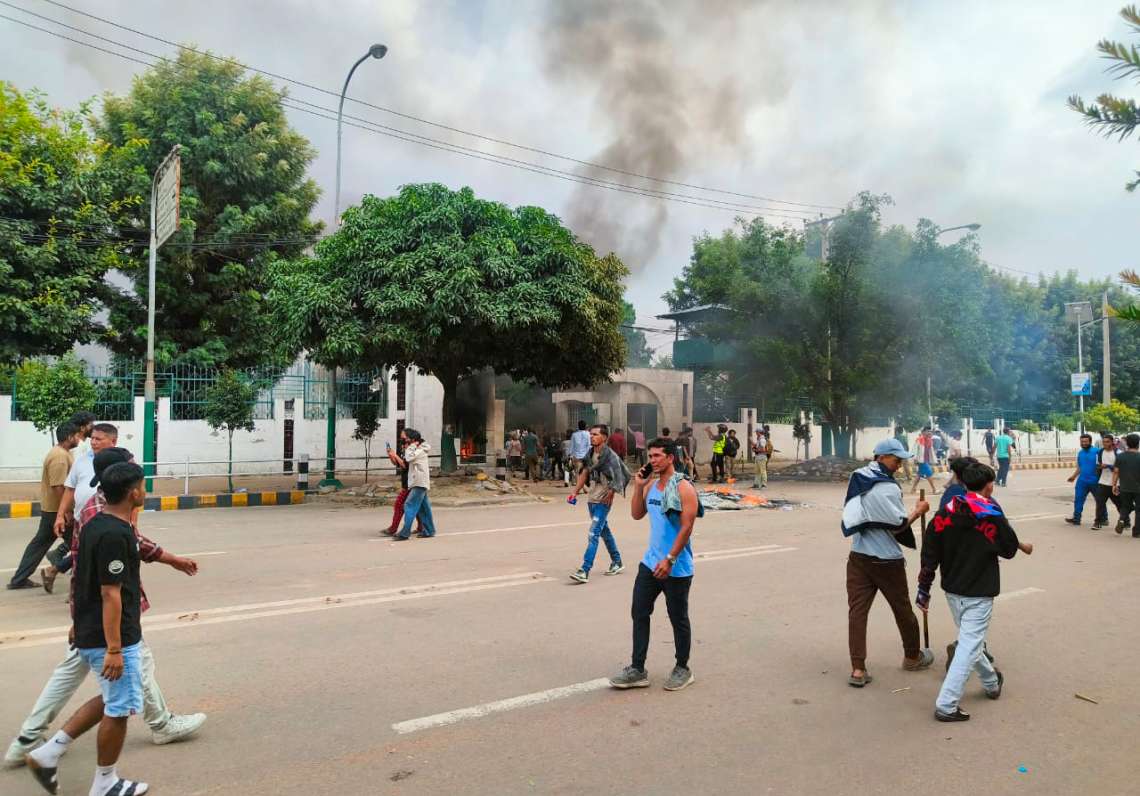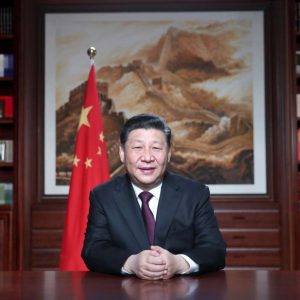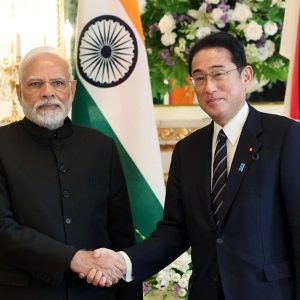According to the report, cyberspies from the People’s Liberation Army had wormed their way into Japan’s most sensitive computer systems…reports Asian Lite News
In the fall of 2020, the Chinese military compromised classified defence networks of Japan, reported The Washington Post on Wednesday.
According to the report, cyberspies from the People’s Liberation Army had wormed their way into Japan’s most sensitive computer systems.
As per The Washington Post, three former senior US officials, who was among a dozen current and former US and Japanese officials interviewed, said that the hackers had deep, persistent access and appeared to be after anything they could get their hands on- plans, capabilities and assessments of military shortcomings.
“It was bad — shockingly bad,” recalled one former US military official, who was briefed on the event, which has not been previously reported.
According to the Washington Post, Japan is making efforts to strengthen its networks. But they are still deemed not sufficiently secure from Beijing’s prying eyes, which, officials say, could impede greater intelligence-sharing between the Pentagon and Bejing’s Defence Ministry.
The report by the Washinton Post also cited that the 2020 penetration was so disturbing that Gen. Paul Nakasone, the head of the NSA and the US Cyber Command, and Matthew Pottinger, who was White House deputy national security adviser at the time, raced to Tokyo briefed the defence minister, who was so concerned that he arranged for them to alert the prime minister himself.
The Japanese were taken aback but indicated they would look into the matter
When all this happened, Washington was witnessing the victory of President Joe Biden. When the Biden administration had settled in, cybersecurity and defence officials realised the problem had festered. The Chinese were still in Tokyo’s networks.
Since then, under American scrutiny, the Japanese have announced they are ramping up network security, boosting the cybersecurity budget tenfold over the next five years and increasing their military cybersecurity force fourfold to 4,000 people, reported The Washington Post.
Earlier, last year, Chinese hackers reportedly sent emails with malware links to scientists and engineers at several of Russia’s military research and development institutes on March 23 in order to purportedly obtain critical data on the country’s security systems.
The emails, which were supposedly sent by Russia’s Ministry of Health and contained seemingly tantalizing information about a “list of persons under U.S. sanctions for invading Ukraine” were actually sent by state-sponsored hackers in China seeking to entice their Russian targets to download and open a document with malware, New York Times reported citing a report by Israeli-American cybersecurity firm Check Point.
Point’s research showed that despite the countries’ deepening ties, China appeared to view Russia as a legitimate target for the theft of sensitive military technological information, the report said.
The report provides new evidence of Chinese efforts to spy on Russia, pointing to the complexity of the relations between the two countries that have drawn closer in solidarity against the US.
It also underscores the sprawling, and increasingly sophisticated, tactics China’s cyber spies have used to collect information on an ever-expanding array of targets, including countries it considers friends, like Russia, the New York Times reported.
The Chinese espionage operation began as early as July 2021, before Russia invaded Ukraine, the Check Point report said. The March emails revealed that China’s hackers had quickly exploited narratives about the war in Ukraine for their purposes. (ANI)













